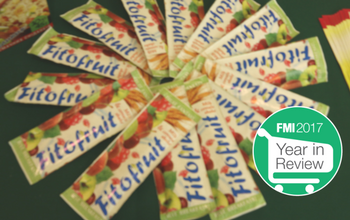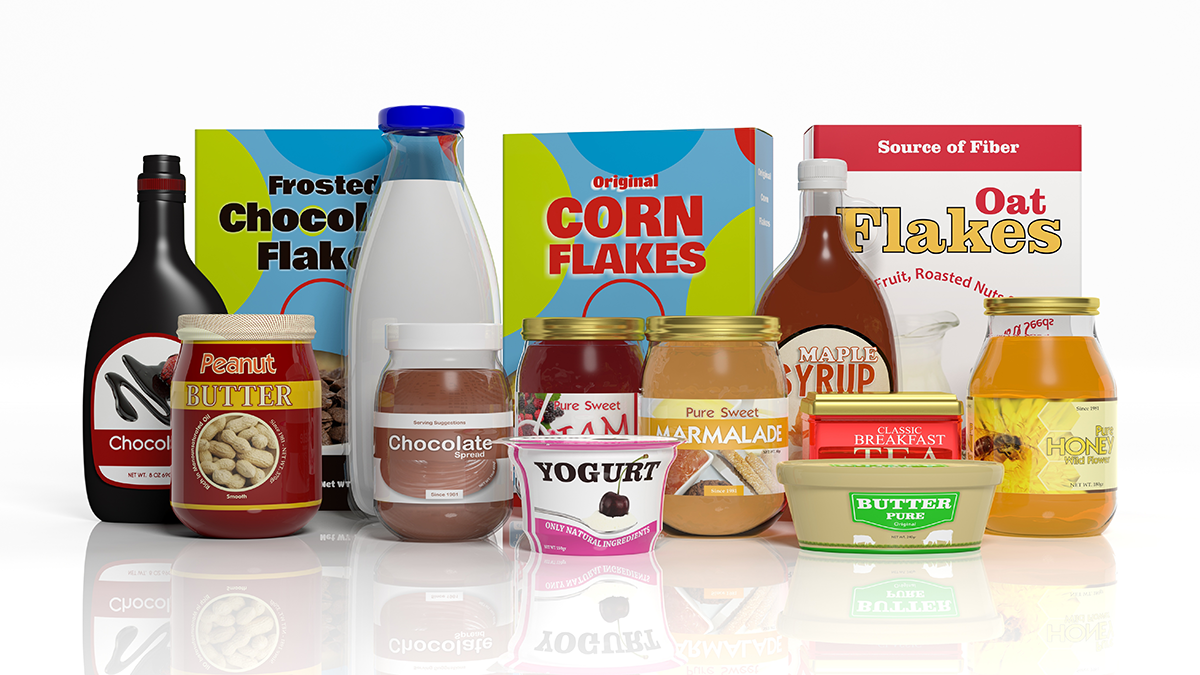By: Doug Baker, Vice President, Private Brands & Technology, Food Marketing Institute

The private brands work FMI performed in 2017 focused on transparency, research and exploring lessons learned and opportunities from other countries. While perhaps not as catchy as Julius Caesar’s “Veni, vidi, vici - We came, we saw, we conquered,” there is some truth to the notion that last year, we learned, we got clear, we explored new opportunities.
On the transparency front, private brands saw both benefits and challenges from some of the big topics facing the food retail industry. Although we received some relief on the timing of Nutrition Labeling and Education Act implementation and have most of the debate around GMO labeling legislation behind us, there remains work to be done on both fronts. The Private Brands Group Leadership Council quickly adopted the mantra, “A delay is only beneficial if you take advantage of it. Otherwise, it quickly becomes a deadline once again.” Additionally, the Council formed a special task force to focus on the voluntary industry initiative, SmartLabel™ . This task force will explore various options to move the initiative forward within the food retail industry and to our customers. The new SmartLabel™ Implementation Recommendations has been added to FMI.org to help companies implementing the transparency initiative to get started and think through obstacles and process.
The Research & Education subcommittee of the Council embarked on a new white paper that explores clean label trends, diving deeper into best practices and benefits of introducing this strategy as well as some key things to consider when building a program. This research will be completed in 2018. After significant positive feedback on the Power of Private Brands research, the group started working on year two with a new chapter, “From the Industry,” and delivered key findings at the Private Brand D.C. Summit. Although private brands are back in growth mode after a couple of flat years, most gains are coming from non-traditional channels. The additional chapters of the report, “From the Consumer,” “From the Industry,” and “Trends” will be released over the first half of 2018 and the full report will be available on FMI.org.
Lastly, the Council held the 3rd Annual Private Brand D.C. Summit in October with a number of key industry topics for the attendees to explore and discuss. Back by popular demand was our “meet the retailer” segment featuring Denmark retailer, Dagrofa’s Michael Rehbak. Michael, director of private brands, shared the evolution of moving from a “private label” program to a “private brand” program and how it helped them compete more effectively with new food discount retailers.
Summit attendees also discussed Council research projects focused on clean label, Power of Private Brands – From the Industry, and Category Management “2.1.” To round out the experience attendees visited the historic Ukraine Embassy for a reception and learned more about the Ukrainian Brands Summit. In addition to experiencing food and culture from a different country, attendees had the opportunity to spend time with both the Ukraine Ambassador to the U.S. and the Ukrainian Minister of Finance.
As the food retail industry faces challenges from omnichannel, emerging technologies, workforce changes and more, private brands can play an important role in supporting a food retail company by establishing and strengthening its brand. Our work this past year is helping companies face these challenges head on.


 Industry Topics address your specific area of expertise with resources, reports, events and more.
Industry Topics address your specific area of expertise with resources, reports, events and more.
 Our Research covers consumer behavior and retail operation benchmarks so you can make informed business decisions.
Our Research covers consumer behavior and retail operation benchmarks so you can make informed business decisions.
 Events and Education including online and in-person help you advance your food retail career.
Events and Education including online and in-person help you advance your food retail career.
 Food Safety training, resources and guidance that help you create a company food safety culture.
Food Safety training, resources and guidance that help you create a company food safety culture.
 Government Affairs work — federal and state — on the latest food industry policy, regulatory and legislative issues.
Government Affairs work — federal and state — on the latest food industry policy, regulatory and legislative issues.
 Get Involved. From industry awards to newsletters and committees, these resources help you take advantage of your membership.
Get Involved. From industry awards to newsletters and committees, these resources help you take advantage of your membership.
 Best practices, guidance documents, infographics, signage and more for the food industry on the COVID-19 pandemic.
Best practices, guidance documents, infographics, signage and more for the food industry on the COVID-19 pandemic.
